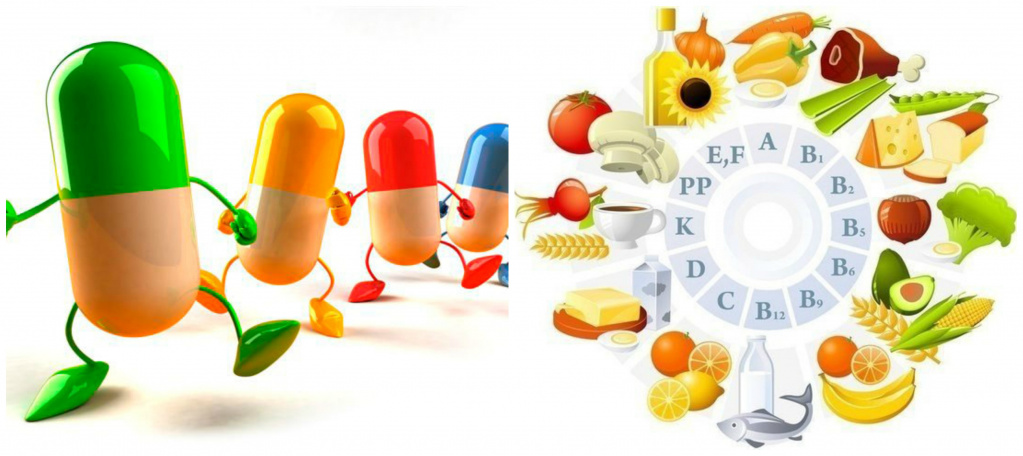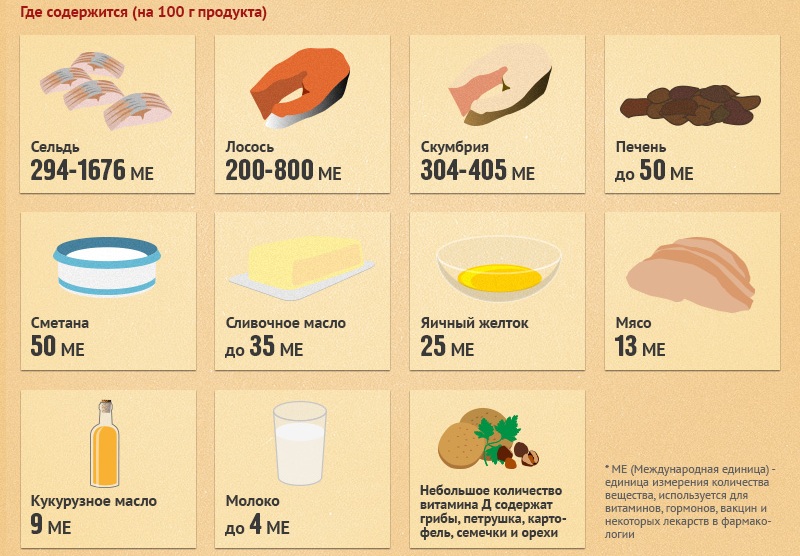The baby's health depends on the mother's lifestyle and diet. Deficiency of nutrients in girls of reproductive age negatively affects the well-being of the baby and his predisposition to diseases, and the correct lifestyle during pregnancy cannot always solve this problem. Therefore, even before conception, you need to normalize your diet and start taking vitamins.

Who needs vitamin supplements
Both parents may need additional intake of nutrients. The fairer sex should start taking vitamins 4-16 weeks before the planned conception. This will prepare them for pregnancy. during gestation, the body's need for nutrients increases several times.
Men are often advised to take vitamins if they:
-
Eat poorly;
-
They often get sick (which means that the immune system is not functioning well);
-
Have problems with potency;
-
They often drink alcohol and smoke.
What vitamins should women take

Folic acid
Plays a major role in the development of the fetus. With its help, the nervous system and brain of the future baby is formed. A lack of folate is often the cause of:
-
Being underweight at birth;
-
Neural tube defects (NTDs);
-
Premature birth;
-
Underdevelopment of the embryo;
-
Other anomalies.
Scientists have shown that consumption of this substance before pregnancy reduces the likelihood of NTDs by 46%. This is due to the fact that the fetal neural tube closes at 3-4 weeks of pregnancy (between 21-28 days after conception), when the expectant mother does not yet know about her new status.
Unfortunately, the diet of the majority of the fairer sex does not provide sufficient saturation of the body with vitamin. Therefore, experts recommend that women start taking folic acid one to three months before conception and continue the course at least until the end of the first trimester. The daily intake of vitamin for girls of reproductive age is 400 mcg.
It should be noted that some women are prescribed more than 400 mcg of vitamin per day. The likelihood of a deficiency of this substance is increased in the fairer sex suffering from:
-
Diabetes mellitus;
-
Celiac disease;
-
Syndrome of insufficient absorption (malabsorption).
!
In addition, folic acid deficiencies are common in women who smoke, regularly consume alcohol, and / or take oral contraceptives and certain diuretics.
Vitamin E

Vitamin E is prescribed when a woman has problems with the cycle and conception, usually in an amount significantly exceeding the daily requirement of about 200 IU / day. It normalizes the production of hormones, helps to get pregnant and bear the baby. This vitamin plays an important role in the formation of healthy cells, metabolism between mother and baby, and child development.
Vitamin E deficiency is rare. The bigger problem is the uncontrolled intake of this substance. Consuming an excess amount of vitamin A during pregnancy can lead to complications during childbirth and increase the likelihood of cardiovascular disease in a baby in later life.
Vitamin E supplements should only be taken as directed by a healthcare practitioner.
Vitamin D

Additional intake of this substance, as a rule, is prescribed for overweight women (BMI more than 30 kg / m2), because obesity reduces the vitamin's ability to be absorbed in the body. Also at risk are expectant mothers who spend little time outdoors and do not eat fish.
The baby gets its vitamin D from the mother's supply, which is why it is so important to provide it with the required amount. This substance is necessary for the formation of the musculoskeletal system, brain and fetal immunity.
Deficiency of the vitamin can cause the development of bone diseases (in particular, osteoporosis), regardless of the amount of this substance in the baby's body after childbirth. He can also:
-
Slow down the development of the fetus;
-
Increase the risk of diabetes, cancer, hypokalemia and cardiovascular disease in the future;
-
Lead to premature birth;
-
Cause gestational diabetes and preeclampsia.
Vitamin A

It is necessary for the formation of the mucous membranes of the fetus, respiratory tract, skin, bone tissue, immunity and vision. However, excessive consumption of it is extremely dangerous – it can lead to abnormalities in the development of the baby. Therefore, the intake of vitamin A or retinol must be stopped before conception.
Iodine

As well as folic acid, in most cases iodine must be taken three months before conception, during pregnancy and lactation. A woman should receive about 150-250 mcg of this substance per day. Therefore, when planning a pregnancy, vitamin supplements with potassium iodide are often prescribed. A dangerous dosage of iodine is 1100 mcg / day or more.
This substance affects the development of the central nervous system of the fetus. With its deficiency, the child has cognitive and behavioral problems, impaired brain formation and other abnormalities.
Iron

Lack of iron leads to iron deficiency anemia. Anemia before and early pregnancy leads to developmental disabilities, preterm birth and low birth weight babies. Therefore, iron is recommended to be taken before conception.
The need of mother and baby for iron has been increasing in the last four months. If at this time a woman does not receive a sufficient amount of this substance, the likelihood of developing infectious diseases, cognitive disorders, as well as the likelihood of maternal death and placental abruption increases.
In rare cases, usually for medical reasons, the doctor prescribes additional intake of B12 vitamins (often vegetarians), ascorbic acid, K or copper for women.
What vitamins should men take
As a rule, the additional intake of vitamins by men increases the quality and quantity of male germ cells, improves potency and promotes trouble-free conception. In addition, it strengthens the immune system and overall health of the body.
In most cases, men are assigned:
-
Folic acid is necessary for the formation and increase in the activity of male germ cells.
-
Vitamin E – makes sperm more mobile and hardy, helps with disorders of the reproductive system.
-
Ascorbic acid – increases sperm count and regulates testosterone concentration.
-
Zinc – normalizes hormones, helps with sexual dysfunction.
-
Selenium – supports the genital organs, is used for male infertility.
-
Remember that taking vitamins should be started only after a doctor's prescription.
!
In the next article, our experts will tell you how to choose the right bandage for pregnant women and which model to give preference to.
Attention! This material is the subjective opinion of the authors of the project and is not a purchase guide.









